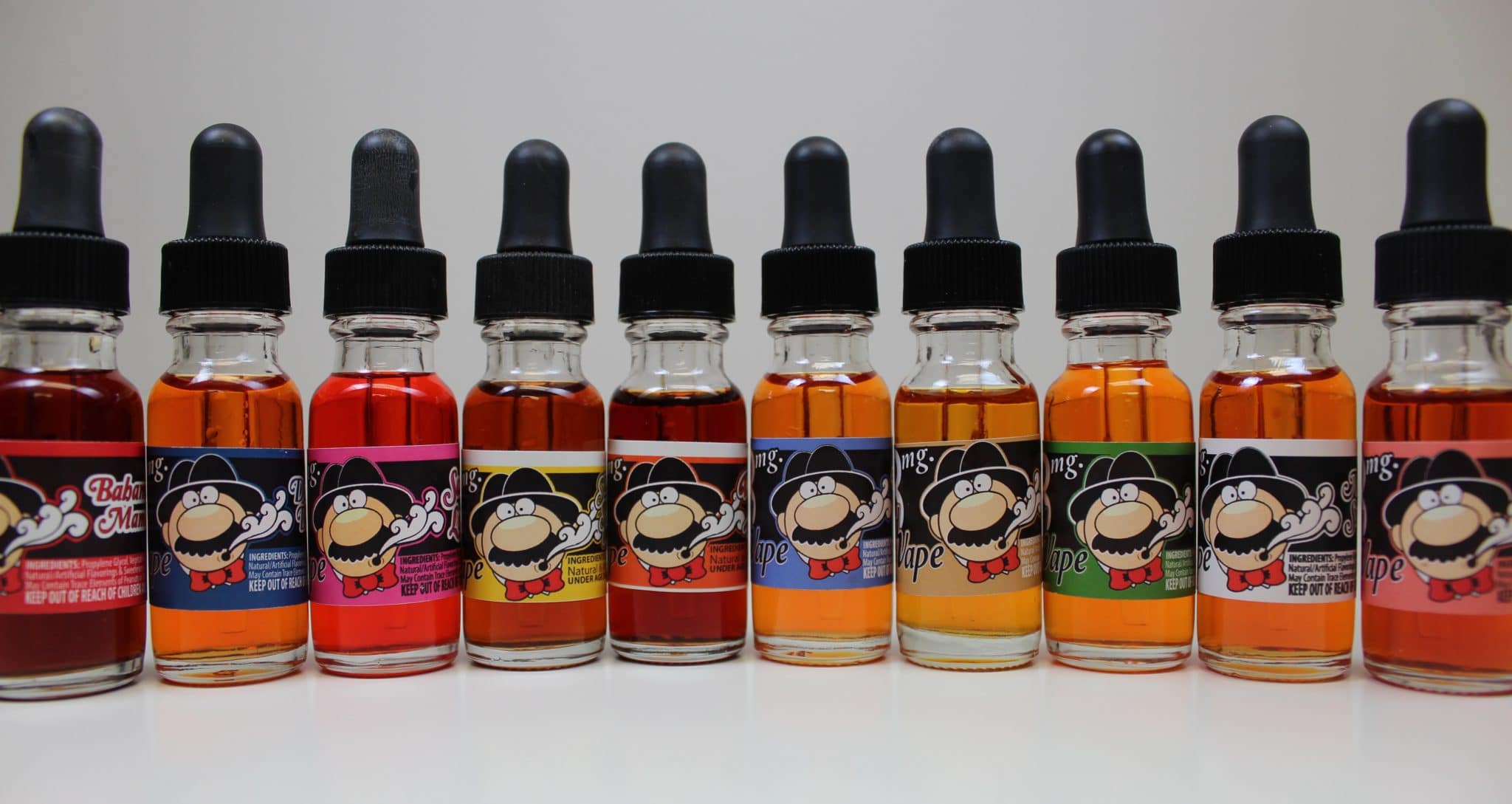In a recent series of town hall events in his state, West Virginia Governor Jim Justice made good on a promise from his 2021 State of the State Address: He announced that he would phase out personal income tax. This proposal, submitted days ago to the state legislature for review, introduces a 60 percent reduction for all tax filers. It’s a move that Justice—the wealthiest man in West Virginia—believes will raise wages, bolster home values and drive more business to his state.
His proposal also contains an uptick in consumer sales tax, from 6 to 7.9 percent, plus a tax raise on alcohol, soft drinks and liquor. To some, that latter inclusion is justifiable, as an economic disincentive for potentially harmful commodities.
But tucked into the bill, in a bulleted list right between raising wholesale taxes on tobacco products and beer barrels, is a hike in the e-cigarette tax, to 75 cents per milliliter. In other words, a 100 milliliter bottle would carry a tax of $75—a steep increase to the minimal excise tax that currently exists. The increase would effectively make far more dangerous combustible cigarettes much cheaper to purchase than e-liquid for a vape.
The fear now—for West Virginia vapers, vape shop owners, and tobacco harm reduction advocates—is that many will return to smoking or resort to a harmful illicit market to save cash.
“We won’t be able to stay in business,” said Cheryl Lockhart, the owner of Hazy Hollow Vapors in South Charleston, West Virginia. “Nobody is going to pay for that.” The tax on the bottle would be more than the cost of the bottle itself, and most of what Lockhart sells—she ballparked up to 90 percent—are 100 milliliter bottles of e-juice. “I don’t see any path around it,” she told Filter. “It’s just one more thing.”
“If it goes the way they want it to go, I told my wife the other day, I’m going to have no choice but to go back to smoking.”
“One more thing” is a common chorus for tobacco harm reduction advocates here in the United States. Over the past couple years, the vape industry, often lumped in with the sins of Big Tobacco, has had to weather: a so-called youth e-cigarette epidemic; a largely manufactured public health scare over “EVALI,” later quietly blamed on illicit THC cartridges; the coronavirus pandemic; an arduous application process for suppliers to remain on the market; and upcoming federal legislation that would virtually prohibit getting vaping products in the mail. On top of all that, West Virginia typically reports the highest rates of adult smoking in the country.
“The tax doesn’t capture the vaping market,“ said Casey Adams, who co-owns CJVapors in Inwood, West Virginia, with his wife.
There would be few alternatives. In West Virginia, despite many residents’ living near the borders of Kentucky, Pennsylvania and Ohio, crossing into another state for vape products is unlikely to be a long-term solution. In Pennsylvania, for example, the wholesale tax on e-cigarettes is already a staggering 40 percent, and vapers and activists alike are concerned that West Virginia’s other neighbors will follow suit, in a sort of domino effect discouraging vaping.
“If it goes the way they want it to go, I told my wife the other day, I’m going to have no choice but to go back to smoking,” said Sean Wright, an auto repairman who lives and vapes in the northern panhandle of West Virginia. He added that, at the moment, he is stockpiling as much as he can afford. Wright said that he vapes anywhere from 20 to 30 milliliters of e-liquid a day, and the new tax could cripple him financially. While Wright might be on the heavier side of consumption—Vaping360, a well-known consumer vaping website, has estimated that “you can expect to vape between one to ten milliliters of e-liquid per day”—the intended tax spike is so high that it’ll be a fiscal blow to every type of vaper.
“My one question is: Who came up with this number, 75 cents per milliliter?” Wright asked rhetorically. “Do they not understand what vaping is, and how it works? Do they know what a milliliter is? These people are supposed to be educated. I have yet to get an answer from someone.” (The governor’s office did not respond to Filter’s request for comment by publication time.)
“No other state has a one-size-fits all volume tax higher than 10 cents per milliliter, yet Governor Justice and his team concluded that 75 cents per milliliter is rational,” echoed Gregory Conley, the president of the American Vaping Association*. “While they may see this tax hike as a ‘small’ part of their overall plan, this is going to anger a whole lot of voters and cause them to believe their elected officials would prefer they keep smoking cigarettes.”
For Lockhart, the vape shop owner, it could be the end of a dream, the final blow. She smoked for two decades before her son convinced her to try vaping. “The funny part is he brought a vape into our house, and we wouldn’t let him use it indoors—but we were still smoking,” she said, laughing.
Lockhart, who had been a medical transcriptionist, enrolled in business school six years ago, after technology began to make her profession moot. In one of her classes, she had to create a plan for a hypothetical business: She drafted a proposal for a vape shop, with the goal of transitioning smokers from traditional cigarettes to vapes. In a Shark Tank–like moment, some of her professors asked her if they could invest. (She declined their offer, and her future husband fronted her the money instead.)
Everybody, that is, thought it was a good idea.
Photograph by Lindsay Fox via Flickr/EcigaretteReviewed
*The American Vaping Association has provided unrestricted grants to The Influence Foundation, which operates Filter.





Show Comments